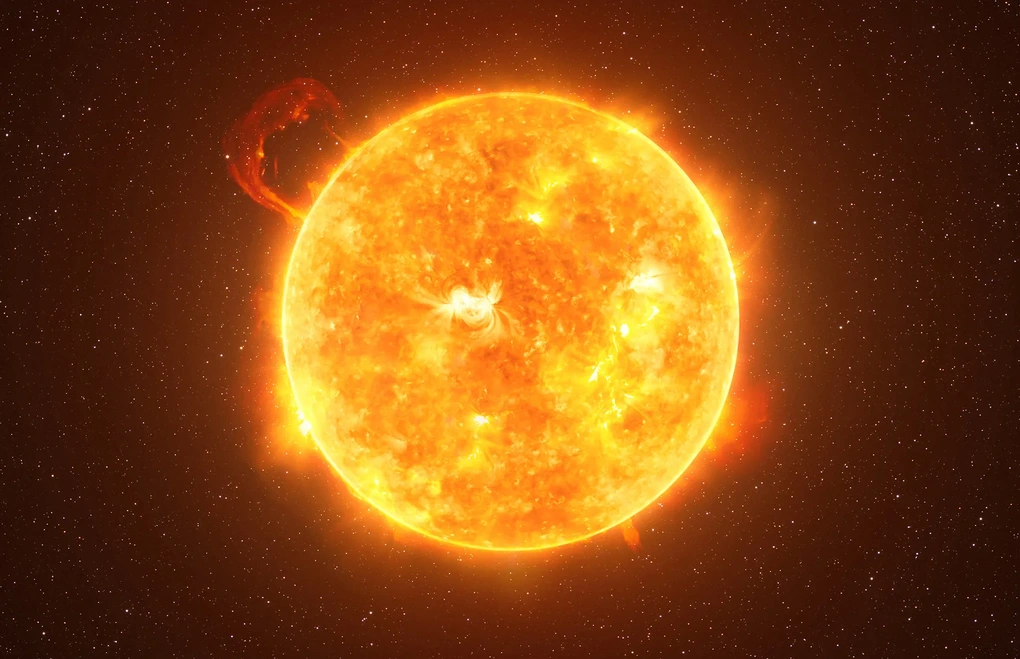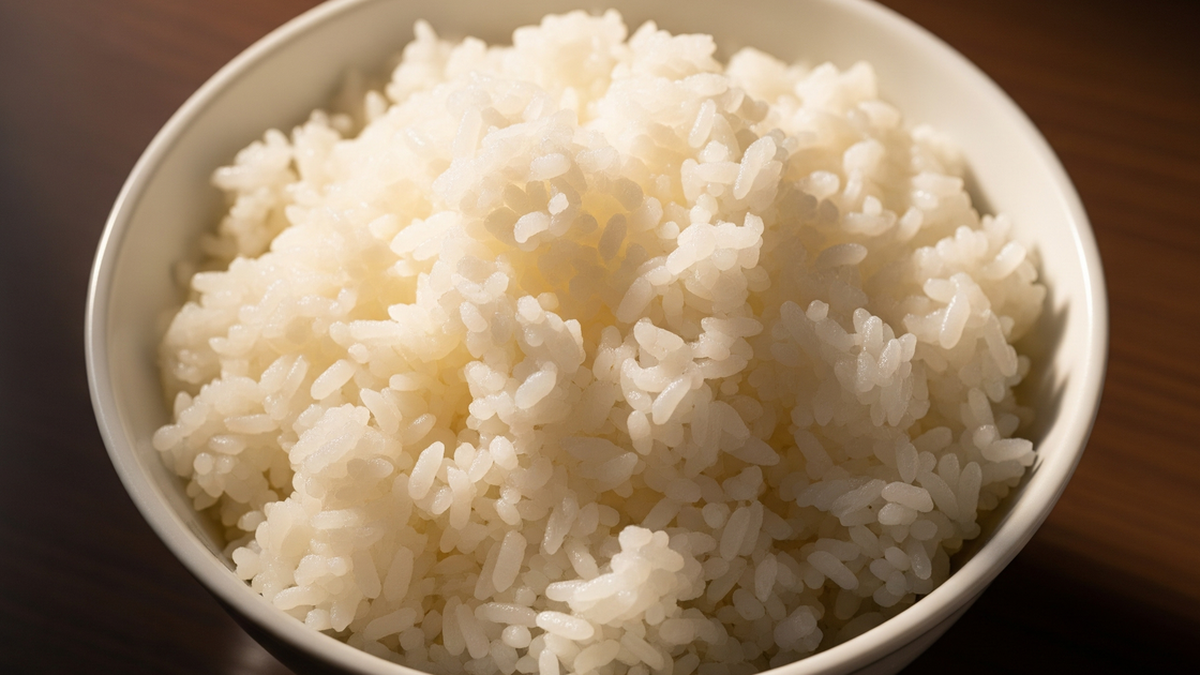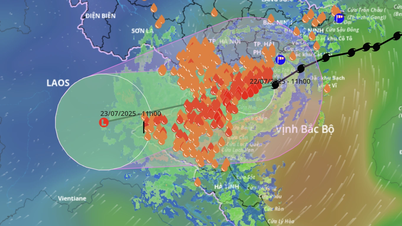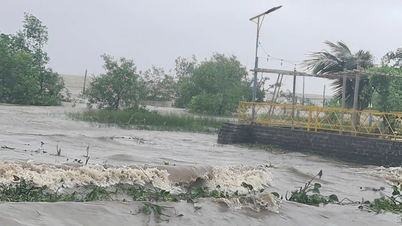Earth's orbit is getting increasingly crowded, with SpaceX's Starlink launching hundreds of microsatellites at a time contributing significantly to the problem. But there's a "natural enemy" in space that threatens all satellites: solar power.
Solar storms, with increasing frequency, are causing serious negative impacts on satellite operations.
A new study has revealed the unexpected and severe effects of solar storms on SpaceX's Starlink satellites, which is especially worrying given that the satellites are only designed to operate for about five years.
While the worst-hit satellites were only temporarily disabled for 10 to 12 days, leading some to believe the impact was negligible, researchers warn that the effects of the solar storm could actually cause much more damage.
Specifically, solar storms increase the atmospheric drag on individual satellites, thereby significantly increasing the risk of collisions between them – an already huge challenge in managing objects in Earth orbit.

In addition to increasingly limited orbital space, researchers also emphasize that Earth's satellites are currently in an extremely disadvantageous state.
The International Space Station (ISS) regularly has to adjust its orbit to avoid debris from previous launches of spacecraft and satellites. More worryingly, there is currently no legal requirement for manufacturers to equip themselves with controlled re-entry systems to limit space debris.
As a result, many satellites, including Starlink, are being launched into orbit without any mechanism to bring them back to Earth in a controlled manner.
The increasing number of satellites re-entering the atmosphere uncontrollably means an increased risk that one of them could fall and cause damage on the ground.
While many satellites are designed to completely disintegrate upon re-entry, this poses another problem: adding more metals to the atmosphere could negatively impact our efforts to combat climate change.
While this study focuses primarily on Starlink satellites, it’s important to emphasize that this isn’t a SpaceX issue. It’s a common challenge faced by any country that launches equipment into Earth orbit, as solar storms negatively impact all satellites.
The problems with satellites in Earth orbit are becoming more serious than ever and require urgent action. Although some researchers have proposed the idea of wooden satellites as a potential solution, the road to research and practical application is still very long.
Source: https://dantri.com.vn/khoa-hoc/bao-mat-troi-dang-huy-hoai-cac-ve-tinh-khong-gian-20250605041805911.htm






































































































Comment (0)